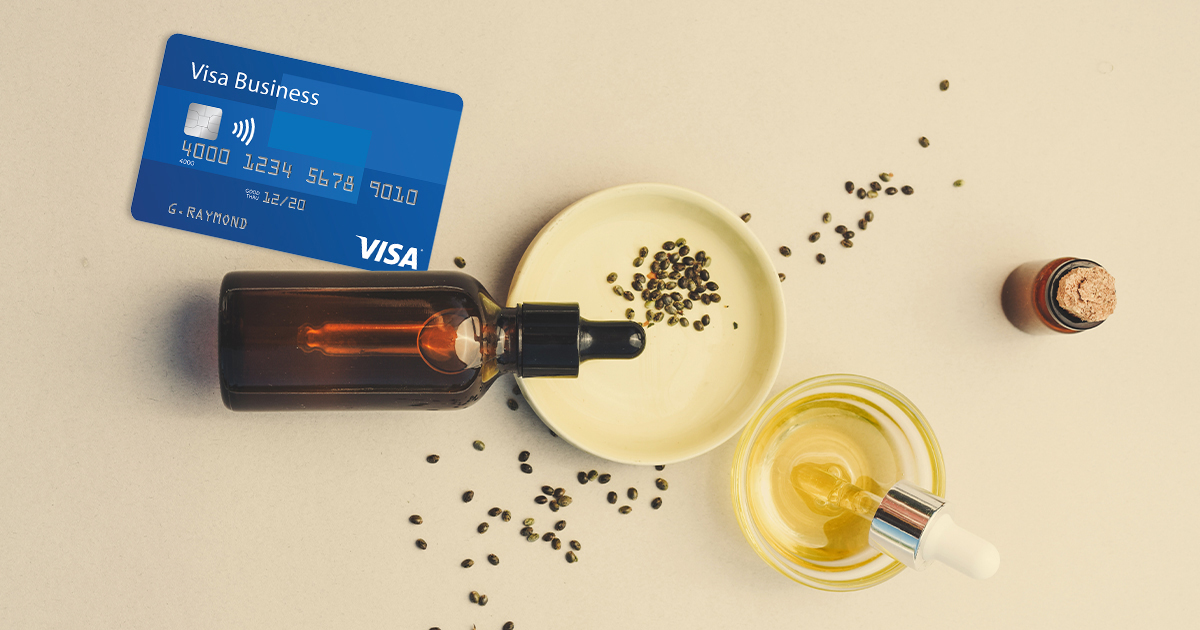Cannabidiol (CBD) is one of over 100 chemical compounds that are found in the marijuana and hemp plants. Because it does not contain the THC that produces a high and other psychoactive symptoms, CBD products can now be legally sold in the United States. Below are some things you should know as you contemplate launching your own business in this lucrative sector.

Federal and state regulations.
As long as a CBD product has less than 0.3% THC, it can be legally sold in the United States. Thanks to the Farm Bill signed in 2018, hemp production is now legalized. And it is the hemp plant that contains the CBD that businesses can now legally distribute.
However, you need to be aware of state regulations that may do the following.
- Prohibit the sale or consumption of CBD.
- Require a license or limit the types of CBD products that can be sold.
- Have restrictions or allowances about where the CBD comes from (marijuana or hemp plants).
Because CBD-related regulations and laws are frequently evolving in this burgeoning industry, it is essential that you monitor the requirements that affect your business on an ongoing basis.
Find the right payment processor.
If you are going to sell CBD tinctures, ointments, edibles, isolates, vaporizers, pet products, topicals, or patches, you need to partner with a company that will facilitate secure, seamless payments. Due to the plethora of regulations, the reputation and the high instances of fraud in this industry, your business will be categorized as high-risk. As a result, you will pay higher per-transaction fees, may undergo extra scrutiny during the application process and may be asked to open a reserve account that the lender can access only if you fail to pay your bill.
In spite of these added burdens, you can still find a high-quality vendor who can provide solid, reliable service to you and your customers. Look for the following qualities in your high-risk merchant provider.
- They should have specific expertise in payment processing for CBD products and an understanding of the industry.
- All fees and charges should be reasonable and transparent.
- Customer service should be multi-channel, accessible and available.
- They should allow you to accept a variety of payment methods, including credit and debit cards, recurring billing and multiple currencies.
- They should have the capacity to grow with your CBD business.
Finding the best supplier.
Once you have identified your payment processor, it’s time to choose where you get your CBD products from. Look for suppliers with products that include the following.
- Are derived from federally-compliant industrial hemp.
- Have a THC content of less than 0.3%.
- Are contaminant-free and processed from the plant’s stalks and leaves.
Understand shipping requirements.
Before you get started, you need to be aware of any rules or restrictions that affect where you can send your CBD products. Additionally, do your homework to find the best carrier.
Market your CBD products successfully.
Take time to create an array of CBD offerings that sets you apart from your many competitors. Then make it a priority to harness basic marketing techniques that will help you to get the word out about your brand. Optimize your website for ease of use and SEO, and don’t forget to leverage those vital email contacts.
With every passing year, CBD products are gaining in popularity and cultural acceptance. Play your cards right by understanding the industry, preparing thoroughly and partnering with the right payment processor, and you too can reap the benefits of this exciting sector.



